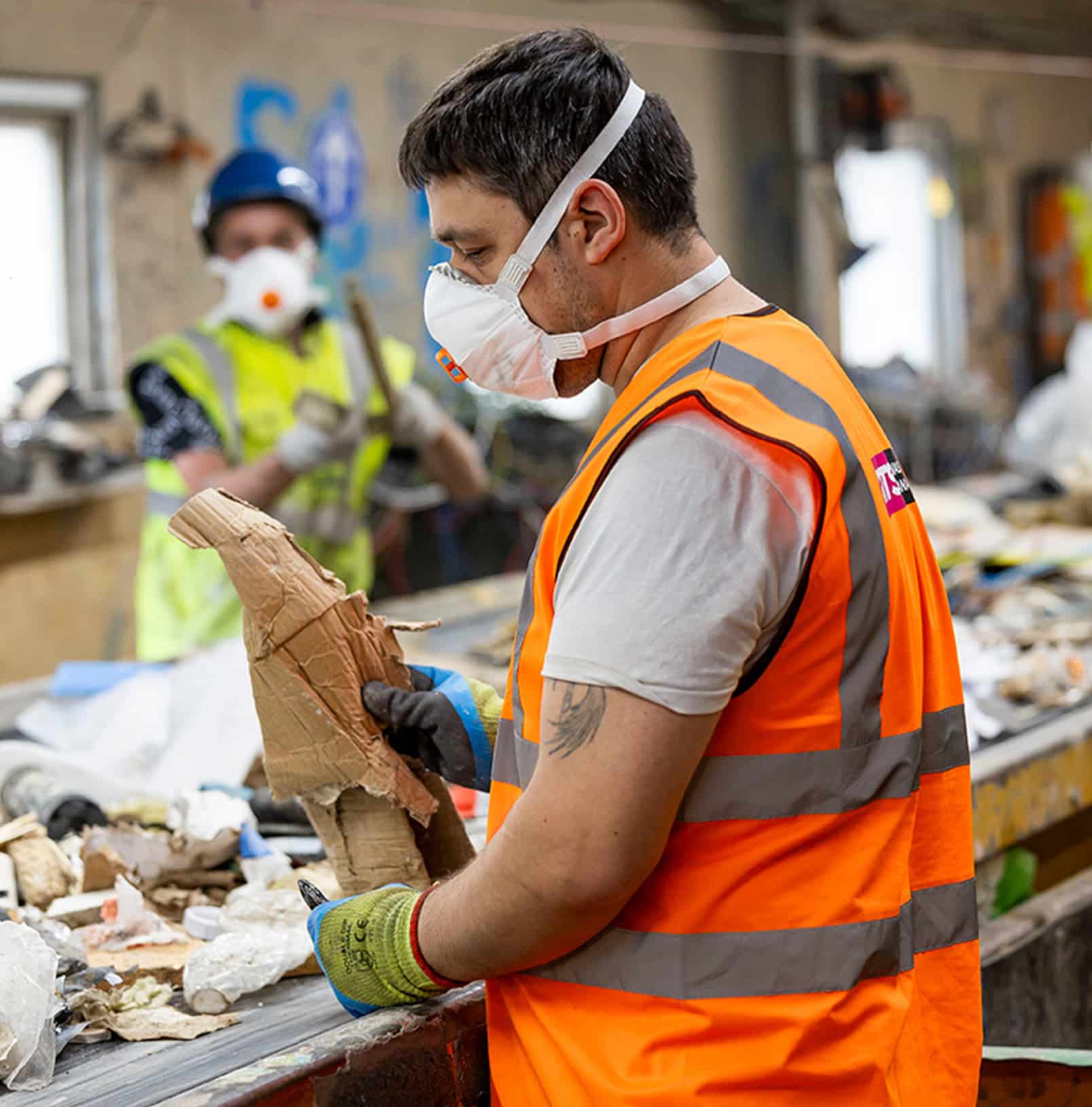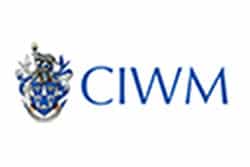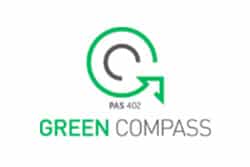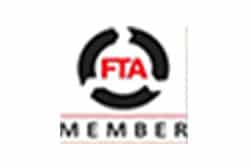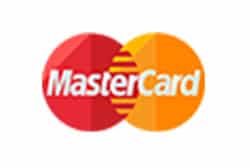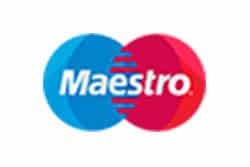Plasterboard is a building material – made with the soft sulfate mineral, Gypsum – that is usually used to construct ceilings or wall partitions.
The disposal of plasterboard is one that is subject to much regulation due to the nature of its core ingredient, Gypsum.
Is Gypsum toxic?
Gypsum is classified as being non-hazardous and, if logical precautions are taken when working with it – such as wearing a dust mask – it generally poses little risk to humans.
It has, however, been known to cause some mild irritation to the eyes, nose and mouth in some people although this usually only lasts for a short period of time.
The issue with Gypsum occurs when it’s allowed to break down over time as it can release a gas called Hydrogen Sulphide which has been known to cause asthma-like breathing difficulties for those exposed to it over a long period of time.
As such, when disposing of plasterboard – a material made from Gypsum – it is against the law to send it to mixed waste landfills due to the risk of the gas being released over time.
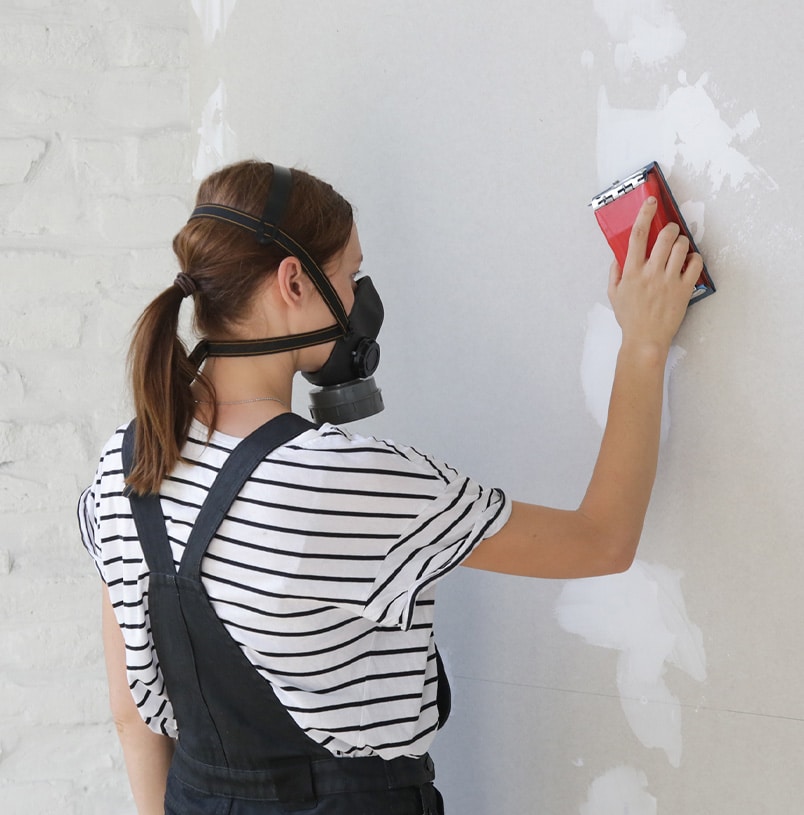
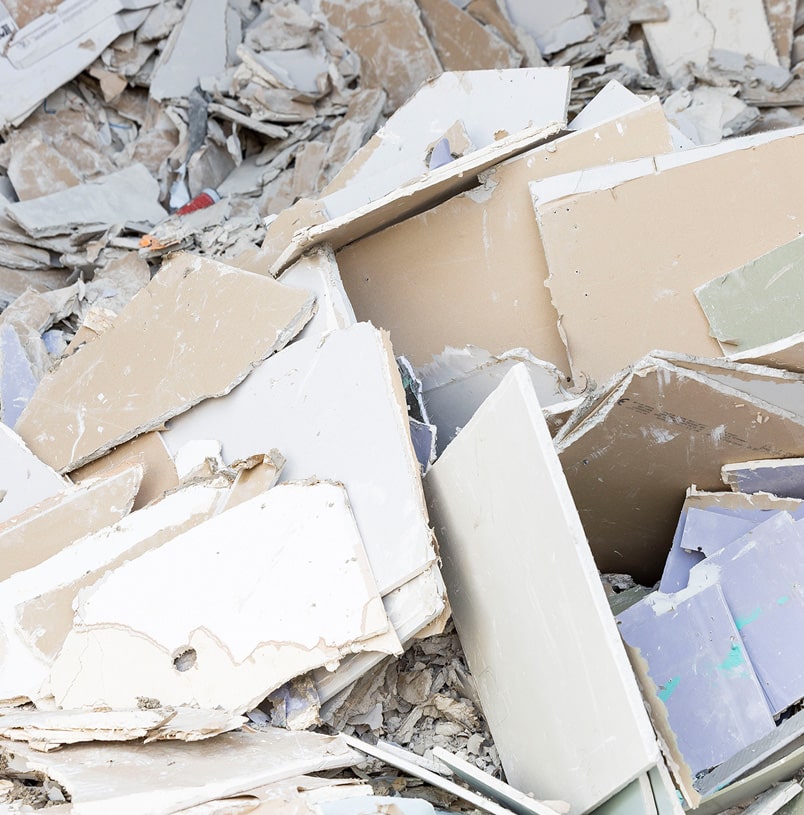
What is the Environment Agency stance on disposing of plasterboard waste
As stated earlier, the Environmental Agency has placed a blanket ban on the disposal of plasterboard via mixed waste landfills and take a zero-tolerance approach to this ruling.
Every Household Waste Recycling Centre, transfer/sorting facility and construction & demolition contractor is also obligated to segregate their plasterboard waste and they must try to recycle as much of their plasterboard as possible.
Is recycling plasterboard possible?
At RTS, we are fully licenced to collect all types of gypsum waste and offer a plasterboard recycling service that involves repurposing 100% of the plasterboard we collect by first breaking it down into a fine gypsum powder then sending it to be used in new manufacturing and farming projects.
These include:
- Being used to make new plasterboard sheets.
- Being used to make cement.
- Being used as an alternative material to make blocks and bricks.
- Being used as compost when growing mushrooms.
- Being used by farmers to improve the quality of their soil.
In-line with current safety regulations, we will use separate containers to collect any plasterboard waste. For larger amounts of waste, we can provide a wide range of containers including a Roll On Roll Off, a Skip or a Wheeled Bin.
